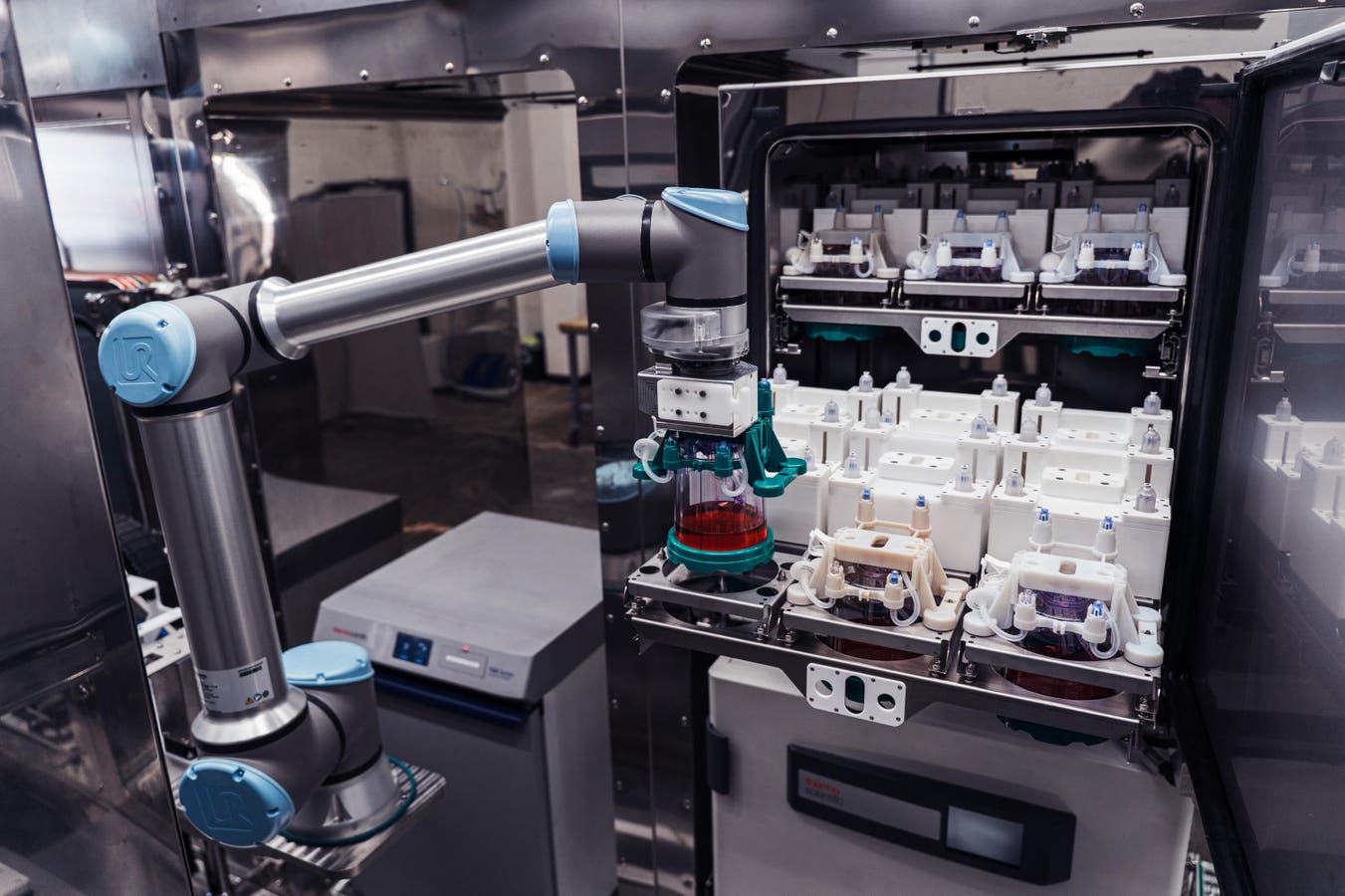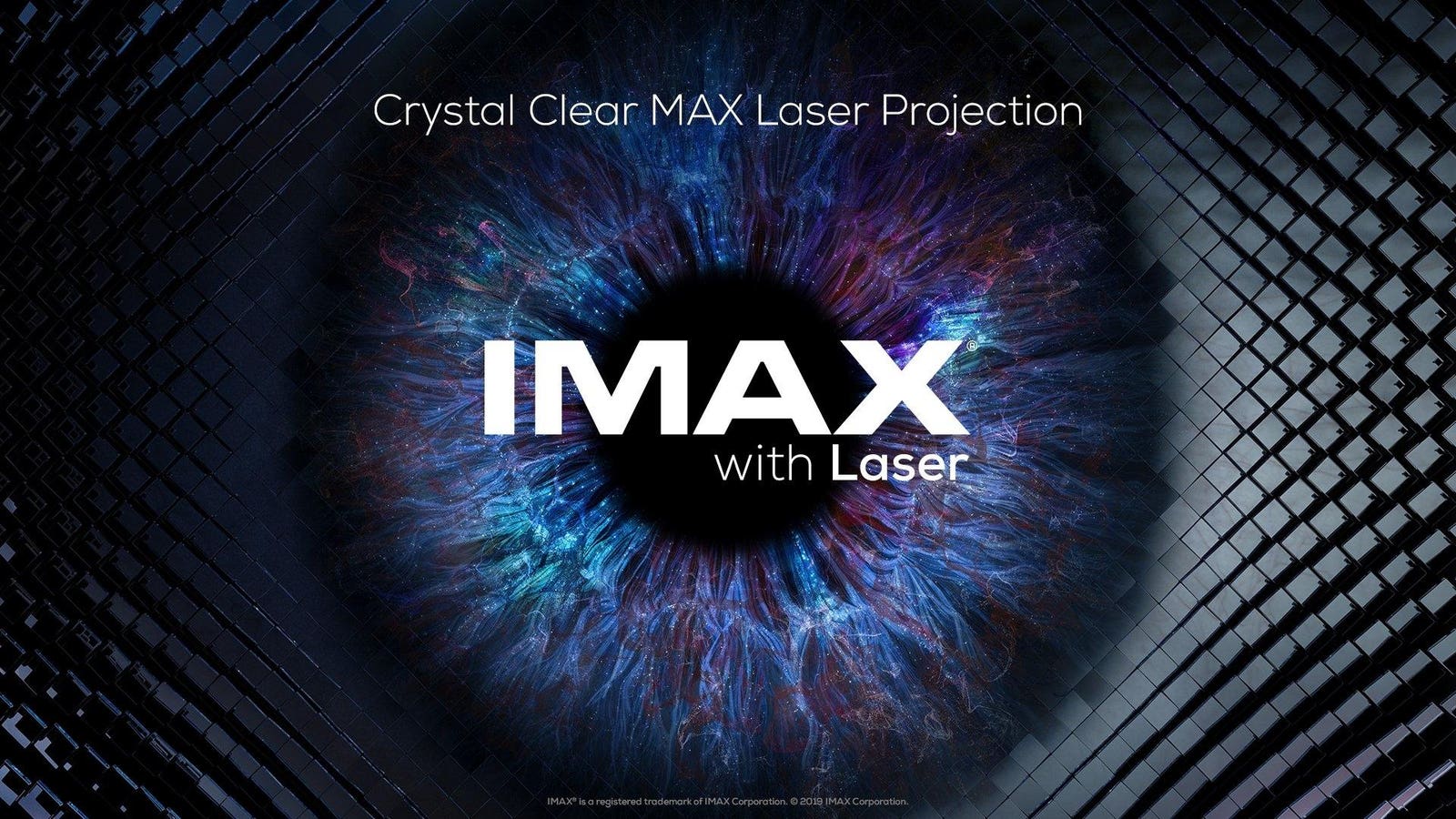Multiply Labs and Universal Robots have entered a partnership for the cell and gene therapy markets. The partnership is set to advance robotic clusters that cut costs and boost manufacturing scale.
Universal Robots
In 2023, Multiply Labs partnered with Legend Biotech to automate cell therapy production. In August 2025, the San Francisco startup became Universal Robots’ first official partner in the cell and gene therapy sector to advance robotic clusters that cut costs and boost manufacturing scale.
Cell and gene therapies are among the most advanced cancer treatments, but manufacturing them has been slow, costly and challenging to scale. Each dose is customized from a patient’s own cells and can cost between $300,000 and two million. The process requires hundreds of delicate manual steps, and any contamination renders a dose unusable.
“Even the best technicians can only work so fast, and human hands inevitably introduce variability and contamination,” said Fred Parietti, CEO of Multiply Labs. “Our robotic clusters address this bottleneck by replicating those same steps with precision, consistency and round-the-clock operation.”
Collaborative robots in biopharma
Coner Kennedy, Global Segment Manager, Pharmaceuticals at Universal Robots, said the company’s collaborative systems are designed for the flexibility that personalized medicine demands.
“Collaborative robotics allows for higher flexibility, which shines in personalized medicine products that have small batch sizes that make it challenging to justify traditional high-volume automation,” said Kennedy.
Kennedy adds that sterility is another advantage.
“Universal Robots’ system reduces risk by providing a repeatable, auditable manufacturing process, while removing the possibility of human contamination,” said Kennedy. “Automating track and trace ensures a patient’s cells are monitored throughout manufacturing, while eliminating operator involvement reduces contamination and improves safety as therapies become more potent.”
Collaborative robots for scaled personalized medicine
Peer-reviewed research has reported a 74% cost reduction per dose compared with manual methods, with efficiency gains of up to 100 times more patient doses per square foot of cleanroom.
Parietti says those numbers translate directly to access.
“It means patients who would have been waitlisted or would have simply run out of time can actually receive the treatments they need,” he said. “We believe the only way to get there is through robotics.”
Multiply Labs trains its systems using imitation learning, which allows robots to replicate validated human tasks rather than inventing new ones.
“The FDA and EMA don’t want to see new manufacturing processes invented from scratch; they want continuity with processes that are already validated,” said Parietti. “By using imitation learning, our robots are trained to perform the same manual steps that a human operator would do.”
That shift also changes the work of scientists and technicians. “Instead of standing at a bench pipetting for hours, scientists and technicians are freed to focus on higher-value work: optimizing processes, analyzing data and driving innovation in therapy design,” says Parietti.
Parietti says that in many ways, this shifts their role from manual operator to supervisor of advanced robotic systems, amplifying scientists instead of replacing them.
Looking ahead, Kennedy says collaborative robotics will not only scale cell therapies but also enable new categories of treatment. “Collaborative robotics is enabling the automation of personalized treatments, improving the quality and drastically decreasing the price.”
Parietti adds that the same approach can extend to rare diseases, gene therapies and RNA therapies, creating what he calls a “universal robotic infrastructure” for advanced therapies.









